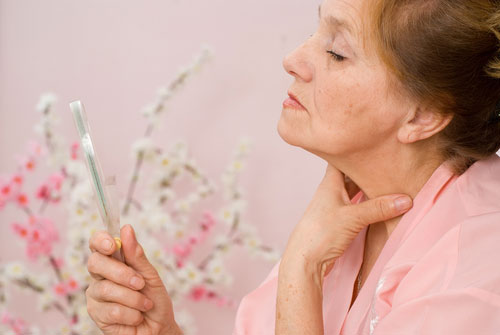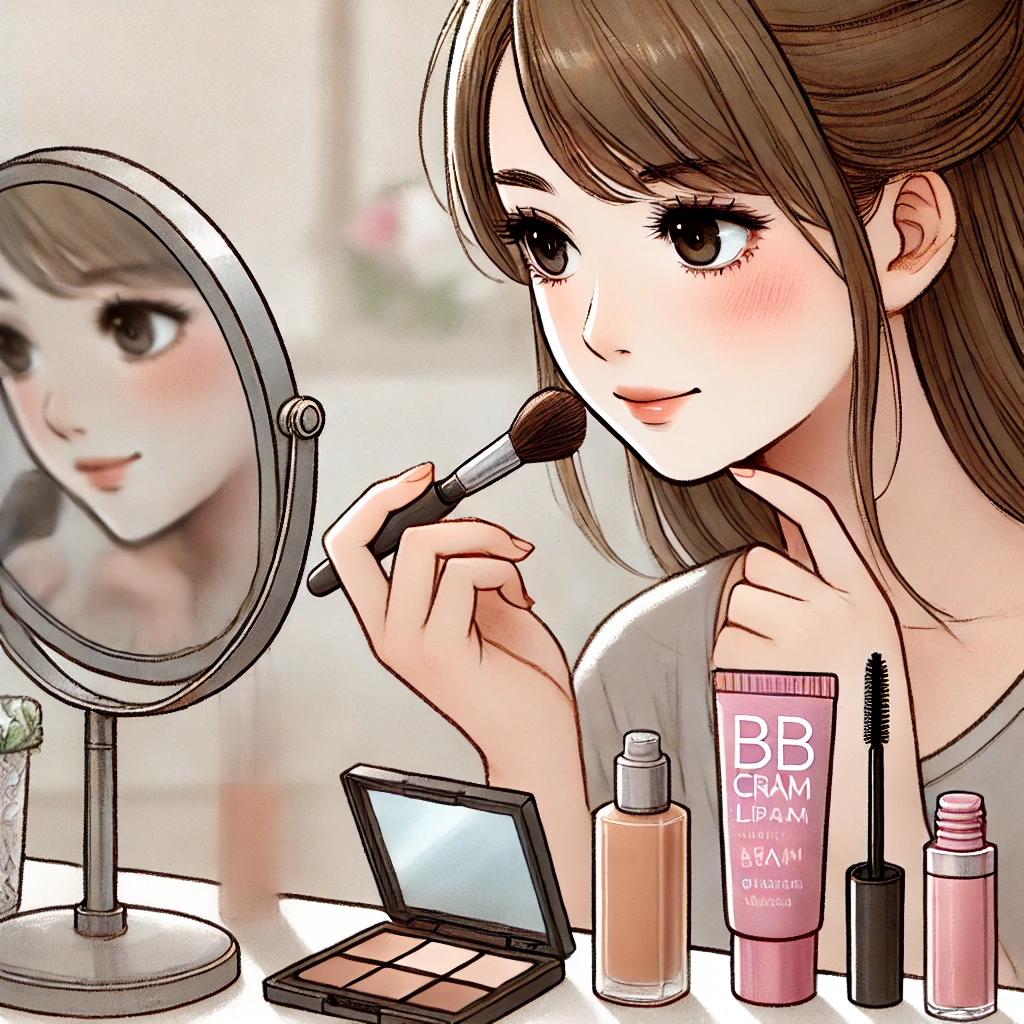Cleaning the house is a ritual. But it is also hard work, after the completion of which becomes brighter not only in the house, but also on the soul. But is this important and necessary work so harmless? Do we always achieve the goal with our good intentions? Are we not, on the contrary, creating a harmful and toxic atmosphere in the house?
Here are some house cleaning rules that are based on research conducted by the U.S. Environmental Working Group.
1. The less cleaning agents used, the better. There is no need to "flood" make the areas to be cleaned very "wet".
2. Be sure to open a window while cleaning. However, keep the door closed. Do not create a draft in the house while cleaning.
3. Gloves or other safety equipment must always be worn. Do not try to convince yourself that gloves are uncomfortable. It is a matter of habit. Before putting on rubber gloves, lubricate your hands with petroleum jelly and put on thin cotton gloves.
4. Avoid cleaning when children are in the house. Children's bodies react strongly to toxic substances contained in cleaning products.
5. Avoid using products labeled "antibacterial", especially if there are no sick people in the house. All such products without exception are particularly toxic.
6. Never mix products containing bleach with vinegar or other acids.
7. Where possible, use natural cleaning agents. Examples can be found here.
8. Avoid using cleaning agents containing citrus or pine essential oils, especially in urban environments. When these substances combine with ozone, a chemical reaction is formed, releasing toxic carcinogenic formaldehyde.
9. Avoid using air fresheners, especially when cleaning kitchens and toilets. Use baking soda. It is an excellent odor remover.
10. Do not clean the stove with various chemicals. Use a mixture of baking soda and vinegar. Use the same mixture to clean water pipes.
11. Microwave sponges, rags and other cleaning tools. Moisten with water and put them in the microwave for 2 minutes.
12 Do not leave washed dishes wet in the air. This creates new breeding grounds for harmful bacteria. Always wipe the dishes dry.
13. Try to throw away waste as often as possible. Do not create additional unhealthy hotspots in the apartment.
14. Be careful when using special toilet and bathtub cleaners. They contain harmful acids. Use baking soda and vinegar as an alternative.
15. The toilet cleaning brush should not be wet. You should develop the habit of blotting or drying it. Do not create an additional breeding ground for bacteria.
16. Keep the bathtub, sink and shower area dry. Wipe dry after each use. Do not create a hotbed of mold growth. In ancient times, houses that developed black mold were mercilessly burned down because it was impossible to fight it. Do not allow mold to grow in the bathroom.
17. When defrosting the refrigerator, do not use air fresheners. They contain very toxic substances for the human body. Use baking soda. Keep half a lemon or onion in the refrigerator to remove odor.
18. Clean the vacuum cleaner after each use. Do not store dirty filters in the apartment.
19. Wash floors with vinegar. Dilute a quarter cup of vinegar in 4 liters of water.
20. Use microfiber or any soft cloth to remove dust. Do not wet them with water. Water is an excellent breeding ground for bacteria.
Keep your home not only clean, but bring that cleanliness to a common denominator with your health. This is interesting: The most unsuccessful plastic surgeries of the stars.
Source: Environmental Working Group






